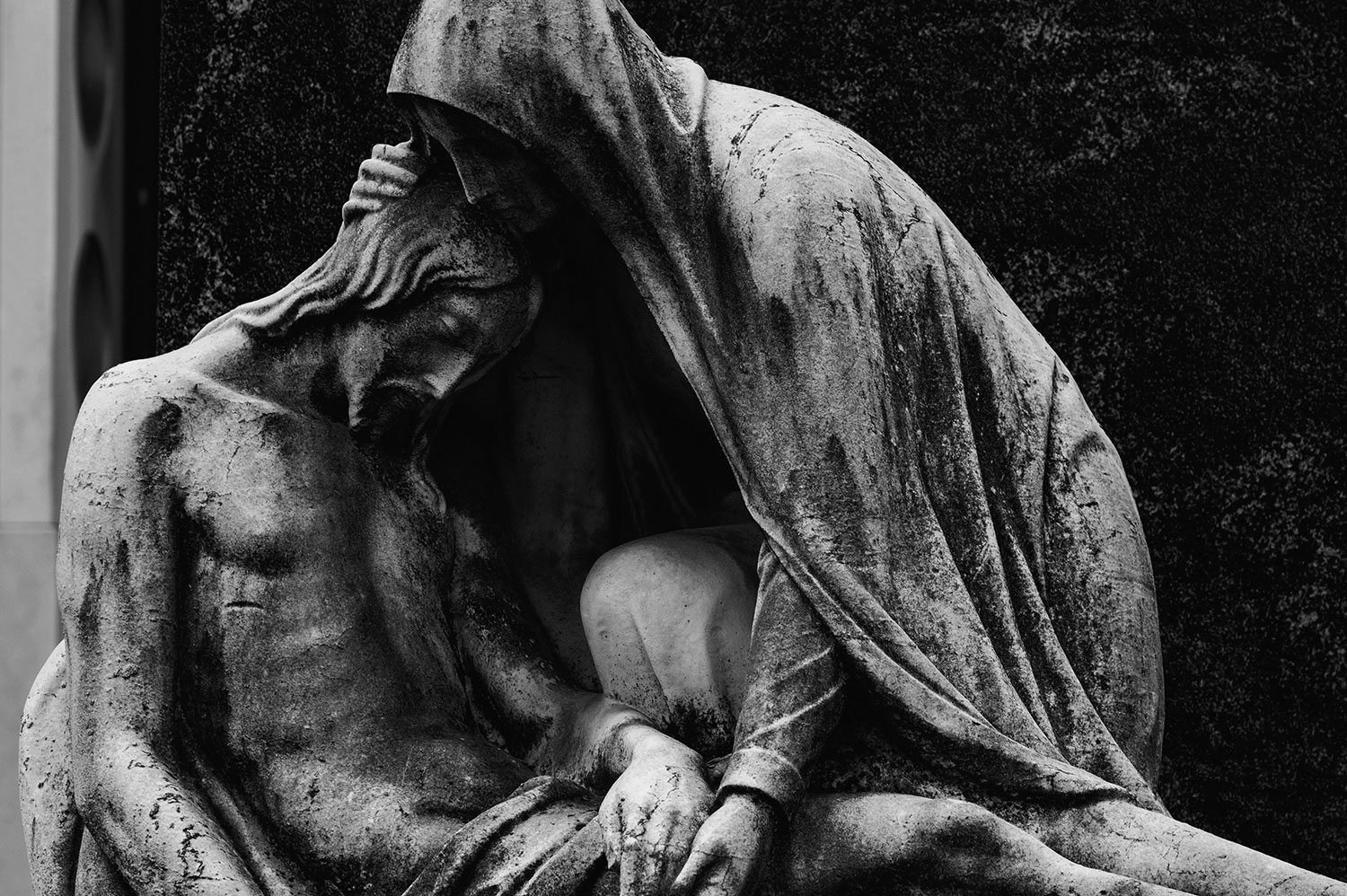The Helena Symphony continues its 65th Season on Saturday, March 28 at 7:30 p.m. in the Helena Civic Center with two masterpieces by prominent composers along with four nationally noted soloists. Mendelssohn captures his impressions of Italy as “the supreme joy of life” in his famous Italian Symphony, and legendary Italian composer Gioachino Rossini brings his flair for operatic drama, passion, love, and loss to the setting of Stabat Mater – a recounting of the Virgin Mary’s devastation over the death of her son.
It is often suggested that in order to truly be a great artist of any kind, one must endure a certain amount of suffering. This thought has never been more false for the career of Felix Mendelssohn. Few composers have been born into such congenial and unworrying circumstances as Mendelssohn. Son of a banker, he was never wanting for material needs, yet even if he had not had these advantages his natural talents would surely have brought him to prominence. His education included private one-on-one liberal arts education and even private philosophy instruction at the University of Berlin and further intellectual instruction with world renowned poet Johann Goethe.
Mendelssohn was encouraged to see the world and experience other countries. After a trip to Great Britain he next visited Italy, specifically Venice, Rome, Naples, Pompeii, Genoa, and Milan over the course of eighteen months. He had long wanted to visit Italy, the cradle of so much of European culture. Basking in the sunny climate, Mendelssohn enjoyed the scenery and art treasures as much as he anticipated he would, where he explained that he was beginning work on a new symphony which he titled Italian. “It will be the jolliest piece I have ever done, especially the last movement,” he told his sisters.
The Italian Symphony is complete with outbursts of energy, pulsating rhythms, and scenic moments. Not until four years after Mendelssohn’s death did the Italian Symphony appear in print. Perhaps it was Mendelssohn’s overdeveloped sense of self-criticism that caused him to pull the work during his lifetime, since the Italian Symphony is as polished and appealing a gem as anything he created. Even though Mendelssohn seemed to live a sheltered and fairy tale life of extraordinary wealth, for him at least, he captured in music what he first experienced upon arriving – “This is Italy! The greatest pleasure in life has now begun.”
As the most famous opera composer in the world Gioachino Rossini gave the world popular works such as The Barber of Seville and William Tell. He retired from composing operas fairly early, but he did create one his most powerful works towards the end of his career. A friend suggested that the retired composer set music to the text of Stabat Mater – the 13th century Latin poem about the Virgin Mary grieving the murder of her son on the cross.
Six of the ten movements were finished before Rossini was derailed with illness from composing, and he entrusted a colleague to complete the remainder of the score. After a private performance Rossini’s Stabat Mater might have become forgotten until the music was sold at auction and ended up at a French publisher who announced there would be a public performance. Rossini initiated legal action to prevent the performance, and quickly began to rewrite the sections that he did not compose himself. Astonished to hear a new work by the supposedly retired Rossini, the audience went wild, so much so that three movements had to be repeated.
It was clear to listeners in 1842 as it is today that Rossini’s creative genius had not waivered. “The Stabat Mater captures the emotional weight of the text coupled with the musical freshness, dramatic brilliance, and vocal expressiveness that is the hallmark of Rossini’s writing,” explains Music Director Allan R. Scott. As with Verdi’s Requiem that came later (Rossini’s death was one of the original inspirations for Verdi’s Requiem), Rossini’s Stabat Mater is often criticized for being too theatrical to be a sacred work, but Rossini considered the undeniable drama to be “opera’s offering to the Church.” And like Verdi, Rossini was not very religious, and yet both composed two of the most dramatic works that capture the power of sacred text more than almost any other. On his death bed and while receiving last rites, Rossini was asked the traditional questions about his faith. Instead of a simple yes, Rossini responded with “would I have been able to compose the Stabat Mater if I had not had faith?”
The Helena Symphony Orchestra & Chorale is joined by four noted soloists for Rossini’s Stabat Mater, including: Soprano Saundra DeAthos, Mezzo Soprano Teresa Buchholz, Tenor Omar Najmi, and Baritone John Green.
Single concert tickets can be purchased ($55-$15 plus a $5 transaction fee) online at www.helenasymphony.org, by calling the Symphony Box Office (406.442.1860), or visiting the Symphony Box Office located on the Walking Mall at the Livestock Building (2 N. Last Chance Gulch, Suite 1) between 10 a.m. and 4 p.m. Tickets for other Masterworks Concerts as well as the 2020-2021 Season, the Benefit Concert at Montana Ting, and the Closing Night After Party are also on sale and selling fast.
END.
Maestro Scott or other guest aritsts may be available for interviews by contacting the
Symphony Office at 406.442.1860 or [email protected].

